A critical issue confronting many areas of the world is the need to ensure a continuing and abundant supply of food, not only in the present but also far into the future. This is dependent in large measure on agricultural sustainability, for which there re as yet few protocols. This book describes how to develop methods for evaluating and assessing the sustainable development of agricultural systems in a micro-region. A comprehensive and practical book, it guides the reader through details of the methodology needed to carry out an appropriate assessment, and focuses on the central problem of whether productivity can be maintained. More specifically, it: Discusses the meanings of sustainability and sustainable development, and reviews issues related to agricultural sustainability. Examines the theory and practice of indicators and delineates the six categories considered necessary for a holistic evaluation: productivity, stability, efficiency, durability, compatibility and equity. Describes the types of indicators required within each of the six categories with the help of detailed examples of possible indicators and sample calculations. Reviews different strategies for assessing agricultural sustainability in various settings around the world and highlights the common features in those assessments. Based upon extensive fieldwork and informed by the authors’ vast experience in their respective areas of expertise, this volume will be of great use to individual farmers, farm managers, project coordinators, non-governmental organizations, planners and agricultural researchers. It will also be of interest to students and scholars in the areas of development studies, agricultural sustainability and sustainable development.
ABOUT THE AUTHOR Gary W. vanLoon
Gary W. vanLoon is Professor in the Department of Chemistry, and Associate Director of the School of Environment Studies, Queen’s University, Kingston, Ontario, Canada. A member of the Department since 1969, dr. vanLoon’s research mainly focuses on environmental chemistry, particularly issues related to soil-water relations. He has published numerous articles in various journals, and is also the co-author of Environmental Chemistry – A Global Perspective (with Stephen J. Duffy, 2000). A founding member of the School of Environmental Studies at Queen’s University, Dr. vanLoon has over the years been involved in research and environmental projects in India, Nigeria and South Africa.
ABOUT THE AUTHOR L.B. Hugar
L.B. Hugar is Professor in the Department of Agricultural Economics, College of Agriculture, Raichur, India. A member of the Department for over 24 years, Dr. Hugar’s areas of interest are natural resource management, farm management economics and agricultural marketing. His work on canal-irrigation water management issues in the Upper Krishna Project formed the basis for the amendment of the Irrigation Act of 2003 by the Government of Karnataka. Dr. Hugar has published numerous articles in various journals, and presented over a dozen research papers at national and international seminars and symposia.
ABOUT THE AUTHOR S.G. Patil
S.G. Patil is Professor and Head, Department of Environmental Sciences, University of Agricultural Sciences, Dharwad, India. He is also Chief Scientist on the All India Coordinated Project on Water Management. Dr. Patil has contributed a large number of articles to various journals, and is one of the editors of a book on 25 years of research in the ‘Management of salt-affected soils and use of saline water in agriculture’ published by the Indian Council of Agricultural Research. His main areas of interest are salinity management, identification of salt tolerance in crop plants and forest/horticultural species, and bio-drainage.

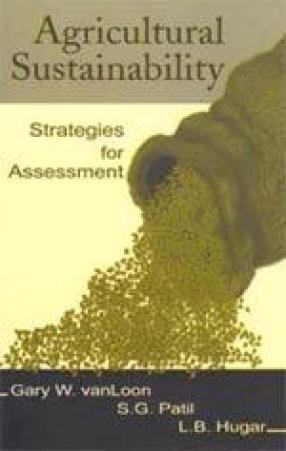
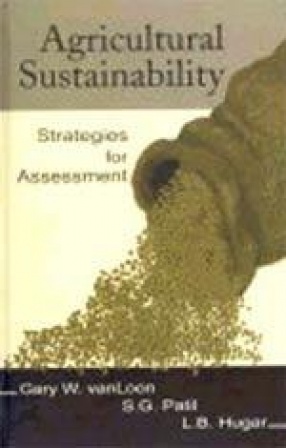
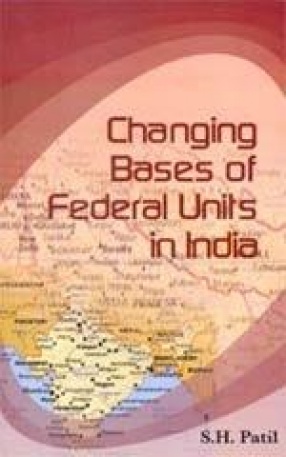
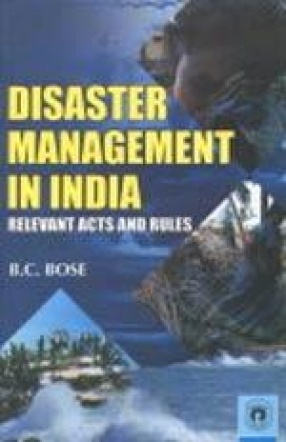
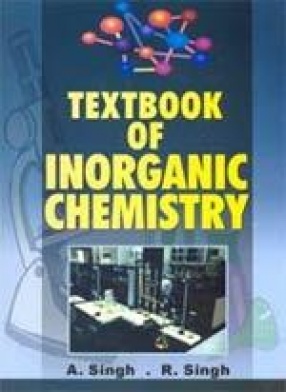
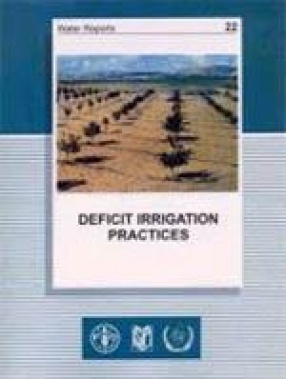
There are no reviews yet.